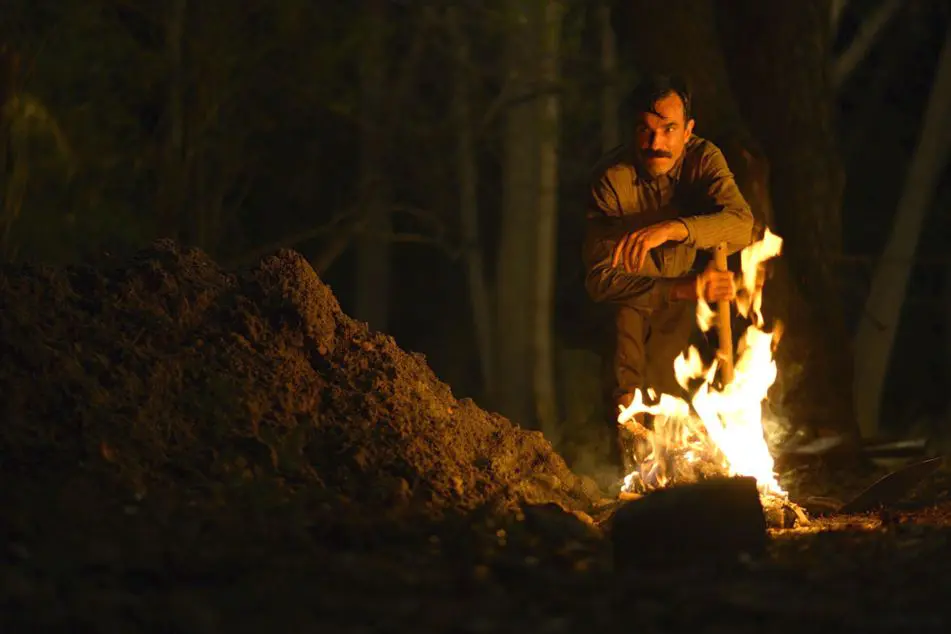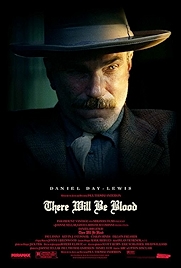A movie for every day of the year – a good one
15 May
Standard Oil declared a monopoly, 1911
On this day in 1911, the American oil company Standard Oil was ruled to be a monopoly by the US Supreme Court.
Set up only in 1870 by the industrialist John D Rockefeller and his associates, the company was efficient and focused and had grown rapidly, first becoming dominant in refining, where it used its early lead to price competitors out of the market or buy them up, before moving on to production and distribution, where it used similar tactics to squeeze out or buy out competitors.
By 1882 the company was already fighting state legislation designed to rein it in. To counter this, it established a skein of ghost companies, all of which owed allegiance to Standard Oil, creating the “trust” model of the multinational megacorporation.
By 1890, the legislation against the company’s practices had become national, with Congress passing the Sherman Antitrust Act, a landmark piece of legislation that gave the federal government the power to intervene when it considered that a market had become sclerotic.
The Sherman Act’s guiding principle was that it was against the “restraint of trade” by whatever means, though it was targeted at companies that sought to monopolise.
Standard Oil was soon in its sights, and it also became a target for “muckraking” journalists who used Standard as a focus for a general ill-feeling against monopolies.
Ironically, as Standard came under Federal scrutiny as a result of the passing of the act, its share of the market was slipping – it had controlled 91 per cent of production and 85 per cent of sales in 1904. Market share of finished products was down to 70 per cent in 1906 and to 64 per cent in 1911, when the company was ordered to be broken up.
Of the 34 companies that Standard Oil was broken up into, Standard Oil of New Jersey later became Exxon, Standard Oil of New York eventually became Mobil, Standard Oil of Indiana became Amoco and Standard Oil of California became Chevron.
There Will Be Blood (2007, dir: Paul Thomas Anderson)
There Will Be Blood is Paul Thomas Anderson’s Citizen Kane. The story of how a character gained it all and lost something on the way, it stars Daniel Day Lewis as the elemental sounding Daniel Plainview, a man whose credo is “I want no one else to succeed. I hate most people”.
The film starts with Plainview digging for silver, a man swinging a pick with the ferocity of someone who simply has to succeed. It then follows him from these early struggles through a long tangle with the equally elementally named preacher Eli Sunday (Paul Dano) who had first given him the tip that Standard Oil were sniffing about a local farm with a view to drilling for oil – the tip was a good one and allowed Plainview to get in first and get rich.
That’s it, for most of the film, a dance between a phonily sanctimonious creep of a preacher and a booming, self-invented huckster. If you’re looking for some metaphor for America, you don’t need to go far.
Day Lewis nicks Daniel Plainview’s character wholesale from John Huston as Noah Cross in Chinatown, that booming voice, those pregnant pauses. And in truth Cross and Plainview are both very similar characters – boosters (that one water, this one oil) whose actual main purpose is the boosting of the self.
Dano is more original and, controversial view, better – he was the best thing in 12 Year a Slave too, though only in it for scant minutes – here as a man whose soul can almost be seen through the windows of his eyes, and it doesn’t look pretty.
They’re an epic pair, this behemoth and the worm, and Anderson works the epic levers to great effect – the big majestic western landscapes, the daguerreotype look of Robert Elswit’s cinematography, Radiohead’s Johnny Greenwood’s Gorecki-esque score, percussively straining yet always withholding.
If you were being picky, you might accuse Anderson of perhaps reaching too readily for the epic lever, of producing something closer to the masks and codification of Noh theatre or of the didactic instructional of Pilgrim’s Progress than to living, breathing cinema.
But then PT Anderson is a deeply moral film-maker, even the porn-dressed Boogie Nights waved a big message. But you can’t say that this stripped back, epically dressed morality play doesn’t have its payoff. As the film winds to a tragic close and Plainview is wandering around his gigantic mansion alone, like Charles Foster Kane in Xanadu, he knows that now he’s got this far there is only one logical next step.
Why Watch?
- An epic
- Daniel Day Lewis and Paul Dano’s perfectly matched performances
- Production designer Jack Fisk’s oil frontier-town
- Johnny Greenwood’s score
There Will Be Blood – at Amazon
I am an Amazon affiliate
© Steve Morrissey 2014

